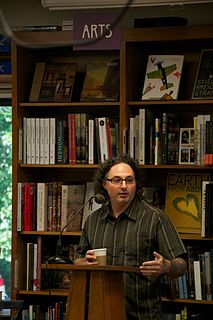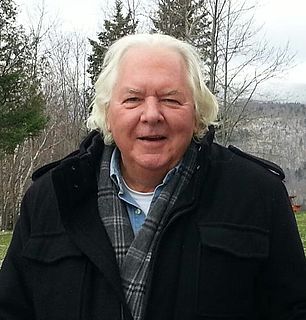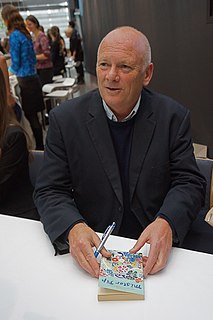A Quote by Marie Kondo
The process of facing and selecting our possessions can be quite painful. It forces us to confront our imperfections and inadequacies and the foolish choices we made in the past.
Related Quotes
On to the Next Dream became about much more than me facing a challenging situation; it became about how all of us feel when we're thrust unexpectedly into change. It's about how we all hold onto personalized visions of our lives, our city, and our culture, and what we do when reality forces us to confront the impermanence of those visions.
Barring extreme physical and mental disabilities, each and every one of us is where we are today -- be it poor or wealthy, happy or sad, on the streets or in a condo, in a Mercedes or a rusted-out Pinto -- because of the choices we have made during our lives. It's the choices we have made that put us where we are, not the choices others have made for us.
Considering the importance of resentment in our lives, and the damage it does, it receives scant attention from psychiatrists and psychologists. Resentment is a great rationalizer: it presents us with selected versions of our own past, so that we do not recognize our own mistakes and avoid the necessity to make painful choices.
For decades we have been living lives of abundance, with little regard for our natural resources or global health. But we are now facing hard choices in our energy policy. Future generations - my children and grandchildren, along with yours - will have to live with the decisions we make today. And so it is time for us to make some tough and - hopefully - smart choices regarding our energy use and production before it is too late.
I think the Bhagavad Gita is about both the forces of light and the forces of darkness that exist within our own self, within our own soul; that our deepest nature is one of ambiguity. We have evolutionary forces there - forces of creativity, and love, and compassion, and understanding. But we also have darkness inside us - the diabolical forces of separation, fear and delusion. And in most of our lives, there is a battle going on within ourselves.
We must be willing to be completely ordinary people, which means accepting ourselves as we are without trying to become greater, purer, more spiritual, more insightful. If we can accept our imperfections as they are, quite ordinarily, then we can use them as part of the path. But if we try to get rid of our imperfections, then they will be enemies, obstacles on the road to our ‘self-improvement’.



































